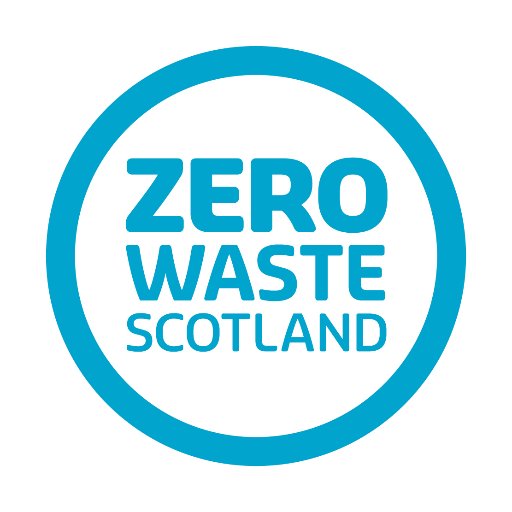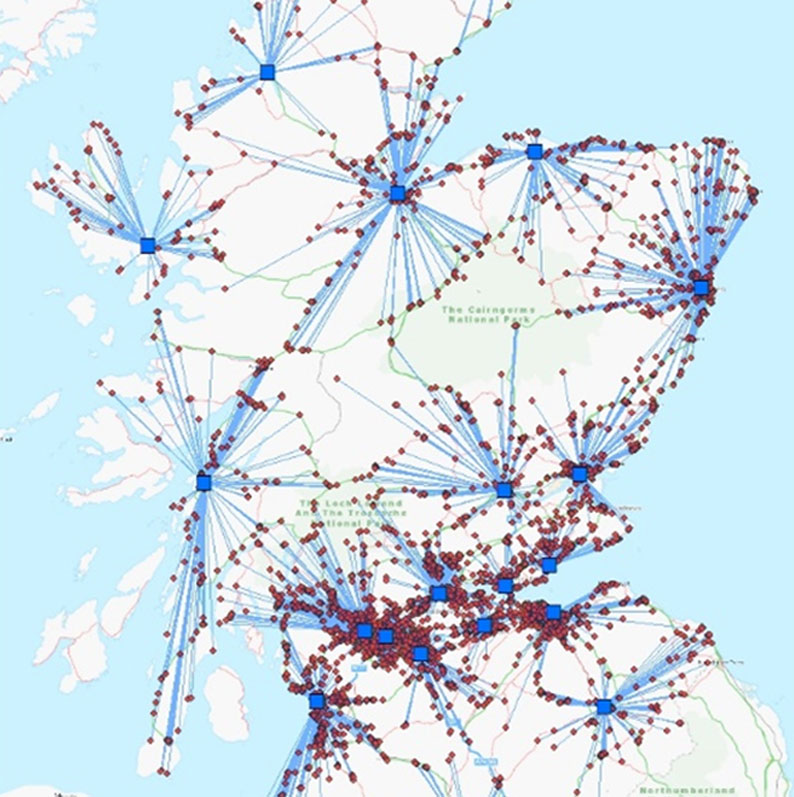Lets work together



Suite 3A, Chapel Allerton House, 114 Harrogate Road, Leeds, LS7 4NY
ukinfo@integrated-skills.com
+44 (0) 3300 888 670

Route optimisation software has an important role in the collection of waste and recycling by enabling local authorities and their contractors to plan the most efficient and cost-effective collection routes.
Traditionally, waste collection routes have been planned based on a fixed schedule or geographic area, which can lead to inefficient routes, unnecessary travel, and increased fuel consumption. By using route optimization software, waste & recycling collection operations can optimise their routes based on a variety of factors, such as the number and location of households to be serviced, the type and volume of waste and recycling to be collected, and the available fleet and staff resources. Increasingly local authorities have a fleet of mixed power vehicles – diesel, electric and some are now trialling hydrogen.
The deposit return scheme (DRS) in Scotland aims to increase recycling rates and reduce litter by offering consumers a financial incentive to return used beverage containers, such as plastic bottles and cans, to designated collection points. Several studies have been conducted to assess the impact of DRS on recycling rates in Scotland. According to a report by Zero Waste Scotland, the introduction of DRS is expected to increase recycling rates for drinks containers to over 90%, up from the current rate of around 50%. The report also estimates that DRS could reduce littering of drinks containers by 95%. A study conducted by the Scottish Government in 2020 found that 90% of respondents agreed that DRS would encourage them to recycle more, and 83% of respondents indicated that they would be likely to participate in DRS. Additionally, the study found that 94% of respondents were supportive of the introduction of DRS.

High level route optimisation formed a part of part Zero Waste Scotland’s initial analysis of the DRS as they had to assess the vehicle movements required to collect and transport all the returned bottles. There were thousands of potential return locations ranging from reverse vending machines on the street, supermarkets, as well as high street shops. The modelling had to factor in a range of depot locations also, and a fleet size that contained a range of capacities. Utilising GIS (Geographic Information System) based software, Integrated Skills Limited provided a range of route optimisation models to Zero Waste Scotland.
By optimising routes, regardless of whether they be for local authority household waste, recycling, food or garden waste collections, private sector operators for trade & commercial collections, or a specialist DRS, all operations can reduce their operating costs, improve their environmental footprint by reducing fuel consumption and vehicle emissions, and provide more timely and reliable waste collection services to their customers.
Additionally, route optimisation software can ensure that waste & recycling collection activity remain at optimal levels over time by enabling them to adapt to changing conditions, such as changes in customer demand or changes in traffic patterns as a result of road works or new build properties, by quickly generating new optimised routes.
Would you like to know more about The link between route optimisation and Scotland’s deposit return scheme (DRS)? Fill in your details below and let us know how we can help.
Website Designed & Built by we are CODA